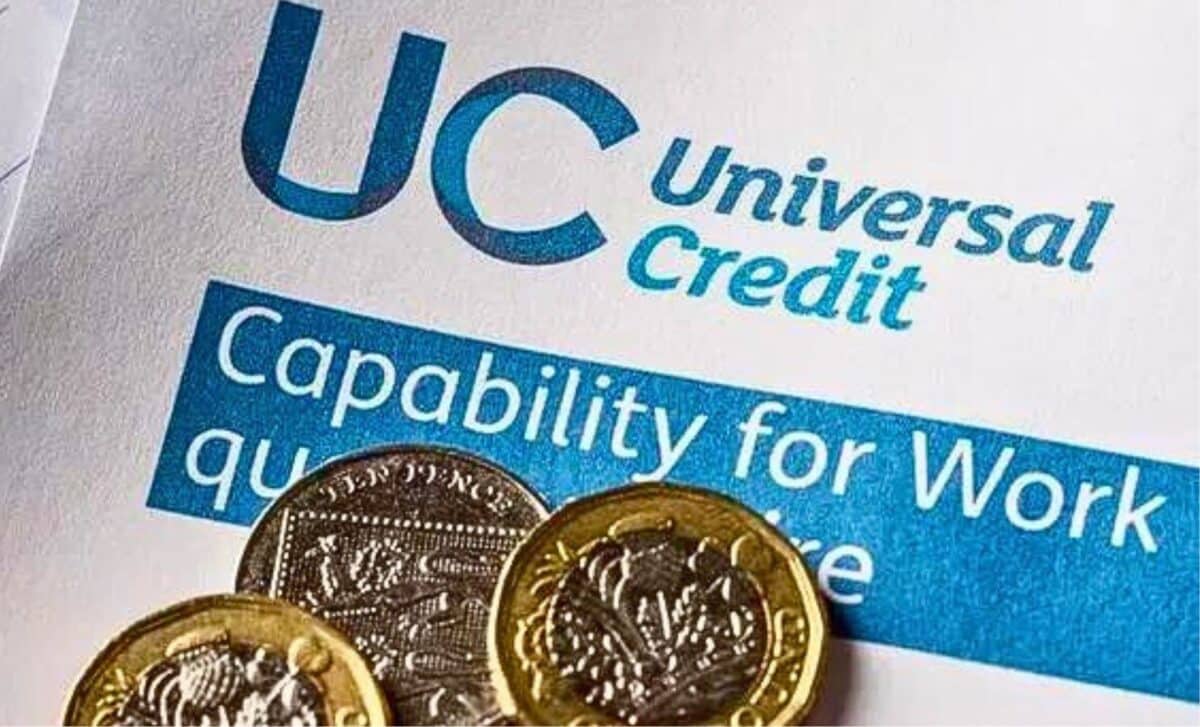Universal Credit beneficiaries have been notified of a likely delay to the increase in their benefits. They could have to wait up to two months before their increased payments are reflected in their accounts.
The delay is due to the proposed 6.7% increase, which was implemented on April 8. Meanwhile, the Department for Work and Pensions (DWP) has confirmed that the increase applies to benefits including Universal Credit from the specified date.
Universal Credit Assessment Period and Delay in Increase
Any delay getting the new rate in place can be attributed to the unique system that Universal Credit uses to take account of monthly circumstances. Called the ‘assessment period’, this system means that the increased rate may not apply until the start of a new assessment period after 8 April.
Given that Universal Credit payments are usually made seven days after the monthly assessment period, it is likely that most recipients will not notice the increase until their payments arrive in May or June.
BBC Radio 4’s Money Box has reported a discussion with a DWP researcher who warned that the extra money may not be readily available, contrary to what you might think.
They observed, “The six million people on Universal Credit face the longest wait. The DWP has told Money Box that none of them will get the higher rate before May 14 and some will have to wait until June 13.”
Current Standard Allowance Rates
The current rates for the Universal Credit standard allowance are as follows:
- Single under 25: £311.68 per month
- Single 25 or over: £393.45 per month
- Joint claimants both under 25: £489.23 per month
- Joint claimants, one or both 25 or over: £617.60 per month
Understanding the Structure of Universal Credit
Universal Credit constitutes a “standard allowance” based on a beneficiary’s age and household composition. Beneficiaries may also qualify for additional payments under certain circumstances, such as child care or medical conditions preventing employment.
- Childcare Benefits Boost
Qualifying childcare claimants will be able to claim up to £1,015 per month towards the cost of caring for one child, which represents an increase of £65.
For two or more children, the amount will rise to £1,739 a month, an increase of £109. Together with the improved childcare support, the total annual amount awarded to some families could now reach £20,872.
- Attendance Allowance For Disabled People
DWP Attendance Allowance is paid to people whose disability is so severe that they need the help of others to care for them. It is paid according to the level of care required as a result of your disability. If you have a physical or mental disability, or have reached State Pension age, you may be entitled to a monthly payment of £434.
The first step in the Universal Credit process is to calculate a claimant’s basic entitlement. Any extra amounts are then added to this basic entitlement to determine the total payment before any necessary deductions. Allowances may apply if the recipient is in employment, has savings or is in debt to the DWP.









